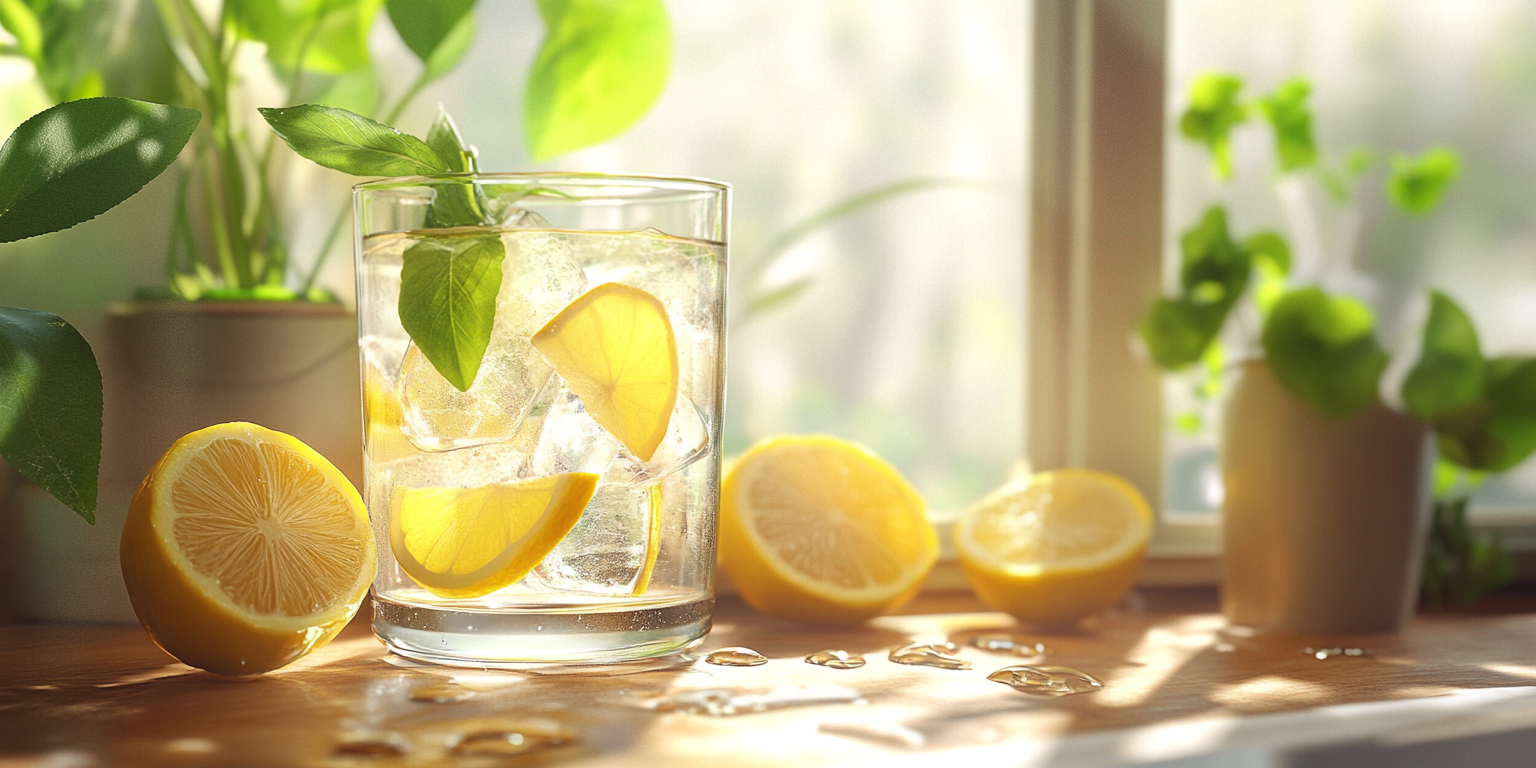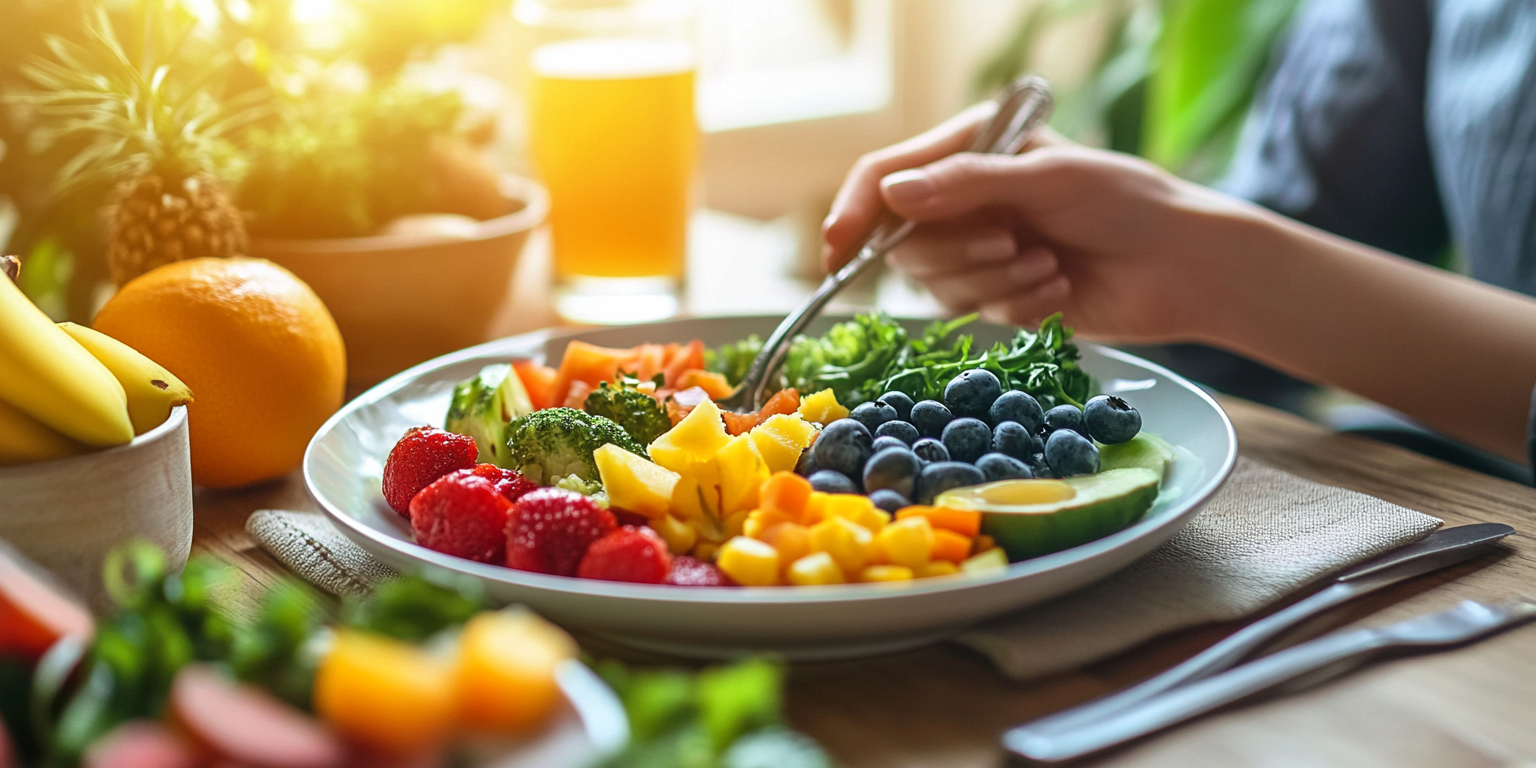Water is essential to life, yet many people fail to drink enough each day. Our bodies are made up of about 60% water, and staying hydrated is crucial for maintaining optimal health. Water supports various functions, including regulating body temperature, transporting nutrients, and removing waste. Dehydration, even in mild cases, can cause fatigue, headaches, and reduced concentration.
Why Hydration Matters:
Every cell, tissue, and organ in your body needs water to function properly. Water aids in digestion, keeps your skin healthy, and helps lubricate joints. It’s also involved in maintaining your energy levels and keeping your metabolism running efficiently. Drinking enough water can help prevent common ailments like constipation and kidney stones, and it plays a key role in maintaining a healthy heart.
The Signs of Dehydration:
Dehydration occurs when you lose more fluids than you consume, and it can have a variety of effects on the body. Common signs include:
- Dry mouth and lips
- Dark-colored urine
- Dizziness or lightheadedness
- Fatigue or lack of energy
- Dry skin
- Headaches
Severe dehydration can be life-threatening, leading to heatstroke or kidney failure if not addressed.
Tips for Staying Hydrated:
- Carry a Water Bottle: Having water with you throughout the day makes it easier to drink consistently. Choose a reusable bottle to track your intake.
- Infuse Your Water with Flavor: If you find plain water boring, try infusing it with natural flavors like cucumber, lemon, or mint. This can make drinking water more enjoyable.
- Eat Hydrating Foods: Fruits and vegetables like watermelon, cucumber, and oranges have high water content and can contribute to your hydration.
- Set Hydration Goals: Aim to drink around 8 glasses (64 ounces) of water a day. However, individual needs may vary based on factors like climate, activity level, and health conditions.
- Drink Water Before Meals: Drinking a glass of water before eating can help with portion control and digestion.
- Monitor Your Urine Color: A simple way to check your hydration level is to look at the color of your urine. Pale yellow indicates good hydration, while dark yellow or amber suggests you need more water.
Conclusion:
Hydration is one of the easiest and most effective ways to support your overall health. By making water a priority in your daily routine, you’ll improve your energy levels, mental clarity, and physical performance. Remember, staying hydrated isn’t just about avoiding dehydration—it’s about giving your body the fuel it needs to thrive.



